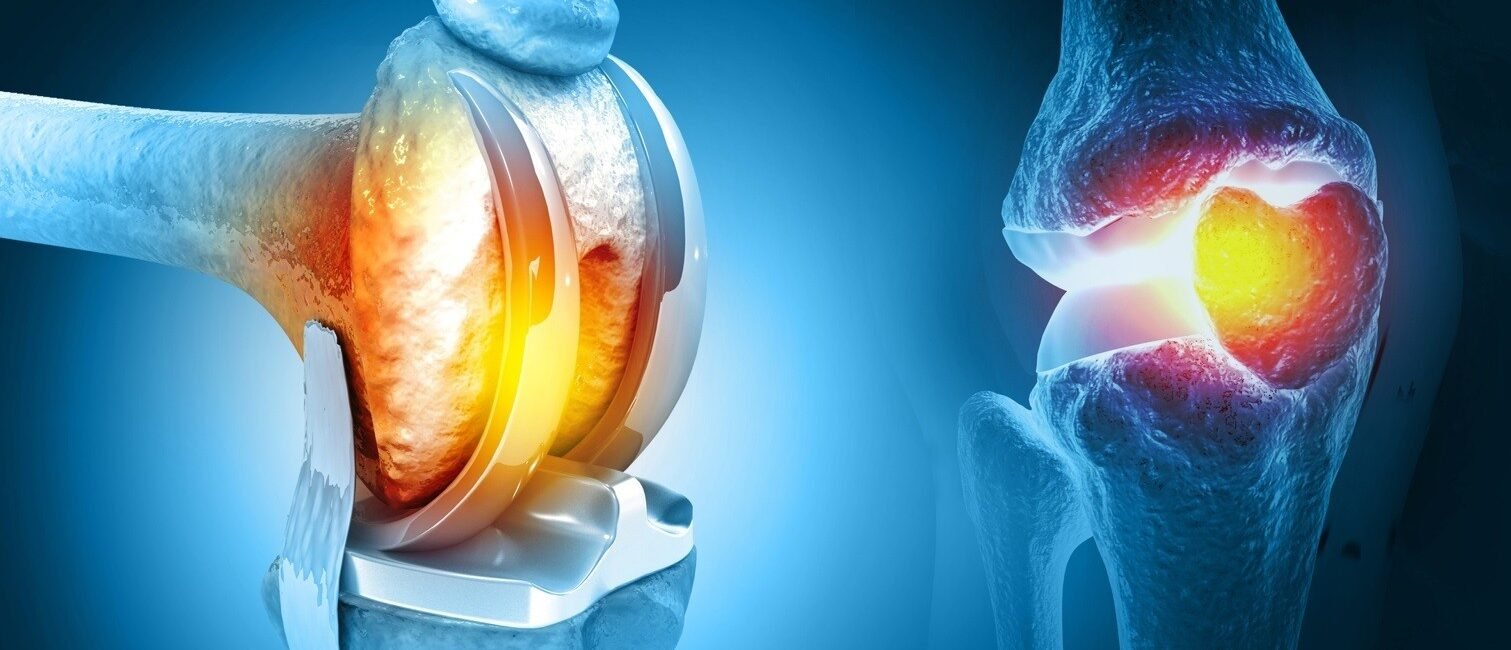
A successful total knee replacement can significantly improve your quality of life, relieving pain and restoring mobility. However, many patients find that one of the biggest challenges in the weeks following surgery isn’t walking—it’s sleeping. Discomfort, swelling, and limited movement often make it hard to find a restful position at night.
If you’ve had a total knee replacement in Islamabad, getting quality sleep is essential for healing. Let’s explore the best ways to sleep more comfortably after surgery and support a smoother recovery.
Why Sleep Matters After Knee Replacement:
Your body does most of its healing while you sleep. Proper rest helps:
-
Reduce inflammation and swelling
-
Improve tissue repair and joint recovery
-
Support mental well-being during recovery
-
Boost energy for physical therapy and rehabilitation
Poor sleep, on the other hand, can delay healing and increase your sensitivity to pain. That’s why optimizing your sleep habits is as important as taking your medication or attending physiotherapy sessions.
Common Sleep Challenges After Knee Surgery:
Patients recovering from total knee replacement often report:
-
Trouble finding a comfortable position
-
Pain and stiffness at night
-
Swelling that worsens when lying flat
-
Anxiety about rolling onto the surgical leg
-
Interrupted sleep due to medication or limited mobility
These issues are normal, especially in the first few weeks. With the right strategies, they can be managed effectively.
Best Sleeping Positions After Knee Replacement:
Choosing the right position can make a big difference in your comfort and healing process. Here are a few doctor-approved sleeping positions:
1. On Your Back (Most Recommended):
-
Place a pillow or cushion under your surgical knee to keep it slightly elevated.
-
This position reduces swelling and keeps your leg straight, which is ideal for healing.
-
Avoid placing the pillow under your foot, which can cause the knee to bend unnaturally.
2. On Your Non-Operated Side:
-
Place a pillow between your knees to prevent the surgical leg from twisting.
-
This position is generally safe after a few weeks, once your doctor clears it.
-
Keep the operated leg on top, supported by pillows.
3. Avoid Sleeping on Your Stomach:
-
This position can strain the surgical knee and lower back.
-
It also makes it difficult to keep the leg in a straight, stable position.
Always consult your orthopedic surgeon or physiotherapist to confirm which position is safe based on your specific recovery timeline.
Tips for Improving Sleep Quality After Surgery:
Beyond position, a few simple practices can improve your ability to rest peacefully:
1. Follow a Consistent Bedtime Routine:
-
Go to bed and wake up at the same time daily.
-
Avoid screens (TV, mobile) 30–60 minutes before bed.
2. Take Pain Medication on Time:
-
Schedule your pain relief 30–60 minutes before bed so you’re comfortable when lying down.
-
Don’t wait until the pain intensifies, as it becomes harder to manage.
3. Use Ice Therapy Before Bed:
-
Apply an ice pack to the surgical area for 15–20 minutes before sleeping.
-
It helps reduce inflammation and numbs the area for pain relief.
4. Keep Your Room Cool and Dark:
-
A quiet, cool, and dark room promotes deeper sleep.
-
Use blackout curtains and avoid loud background noise.
5. Elevate Your Leg Properly:
-
Use a wedge pillow or stack of cushions to elevate the knee above heart level.
-
This helps reduce fluid buildup and swelling overnight.
Products That Can Help:
Here are some tools that patients recovering from total knee replacement in Islamabad have found helpful:
-
Wedge pillows for proper elevation
-
Adjustable beds to raise head and knee angles
-
Leg separators or body pillows for side sleeping
-
Cold therapy machines for nighttime swelling control
-
Sleep masks and earplugs to improve sleep environment
These items are available at medical stores in Islamabad or online through local healthcare suppliers.
When to Talk to Your Doctor:
If you continue to struggle with sleep after several weeks, speak to your doctor or physical therapist. You may need:
-
Medication adjustments
-
Additional pain management strategies
-
Support for anxiety or sleep disorders
-
Review of sleeping posture and pillow positioning
Patients recovering from total knee replacement in Islamabad often have access to follow-up consultations and physiotherapy sessions where sleep issues can be addressed.
Final Thoughts:
Restful sleep is a cornerstone of successful knee surgery recovery. While the first few nights may be uncomfortable, adopting the right sleep position, staying on top of pain management, and creating a calm sleep environment can make all the difference.
If you’re in recovery from a total knee replacement in Islamabad, don’t ignore your sleep quality—nurture it as you would any other part of your healing. A well-rested body heals faster, moves better, and feels stronger.
For more information visit Royal Cosmetic Suregry.


